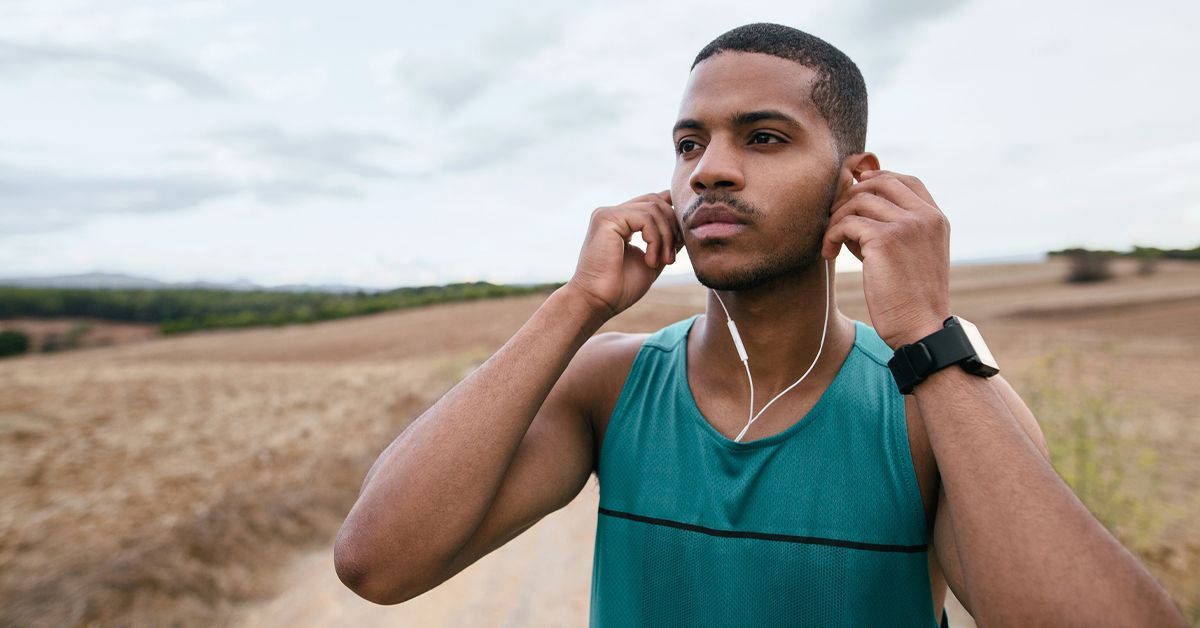Lamont D
Oracle
- Messages
- 17,079
- Type of diabetes
- Reactive hypoglycemia
- Treatment type
- I do not have diabetes
If I said to you, I have done the eating every three hours diet as advised by my endocrinologist when first diagnosed.
I will tell you, that, first and foremost, it doesn't work, and is unsustainable because trying to find different ways to eat every day is a nightmare, and if you are still carbing, you will be in permanent spike or a high rollercoaster ride of blood glucose. You might find yourself obsessing about food.
If you have diabetes, you have carb intolerance, how much depends on your glucose levels and health.
I have total carb intolerance, so I get really ill when I come out of keto. Very low carb is effective in so many ways. And I have no doubt in my experience that the majority of people would benefit greatly by going on a very low carb program, designed for you, designed by you, your tastes, availability, affordability and more.
I also use intermittent fasting, I don't eat at all till mid afternoon, then in a four or five hour window, I have a couple of smallish meals. No food after seven pm. The reason is because I want to be in normal BG levels by bed time, I don't want to go hypo overnight.
Low carb food is great, not only do I have carb intolerance, I have had lactose intolerance (dairy) since very young. So I have had to adapt to eating what is healthy for me.
So called healthy food, such as porridge, wholemeal, brown pasta, brown rice and more, which was part of my recommended dietary regime from doctors, was actually killing me.
And if I hadn't , I wouldn't be advising you to go low carb
I will tell you, that, first and foremost, it doesn't work, and is unsustainable because trying to find different ways to eat every day is a nightmare, and if you are still carbing, you will be in permanent spike or a high rollercoaster ride of blood glucose. You might find yourself obsessing about food.
If you have diabetes, you have carb intolerance, how much depends on your glucose levels and health.
I have total carb intolerance, so I get really ill when I come out of keto. Very low carb is effective in so many ways. And I have no doubt in my experience that the majority of people would benefit greatly by going on a very low carb program, designed for you, designed by you, your tastes, availability, affordability and more.
I also use intermittent fasting, I don't eat at all till mid afternoon, then in a four or five hour window, I have a couple of smallish meals. No food after seven pm. The reason is because I want to be in normal BG levels by bed time, I don't want to go hypo overnight.
Low carb food is great, not only do I have carb intolerance, I have had lactose intolerance (dairy) since very young. So I have had to adapt to eating what is healthy for me.
So called healthy food, such as porridge, wholemeal, brown pasta, brown rice and more, which was part of my recommended dietary regime from doctors, was actually killing me.
And if I hadn't , I wouldn't be advising you to go low carb





